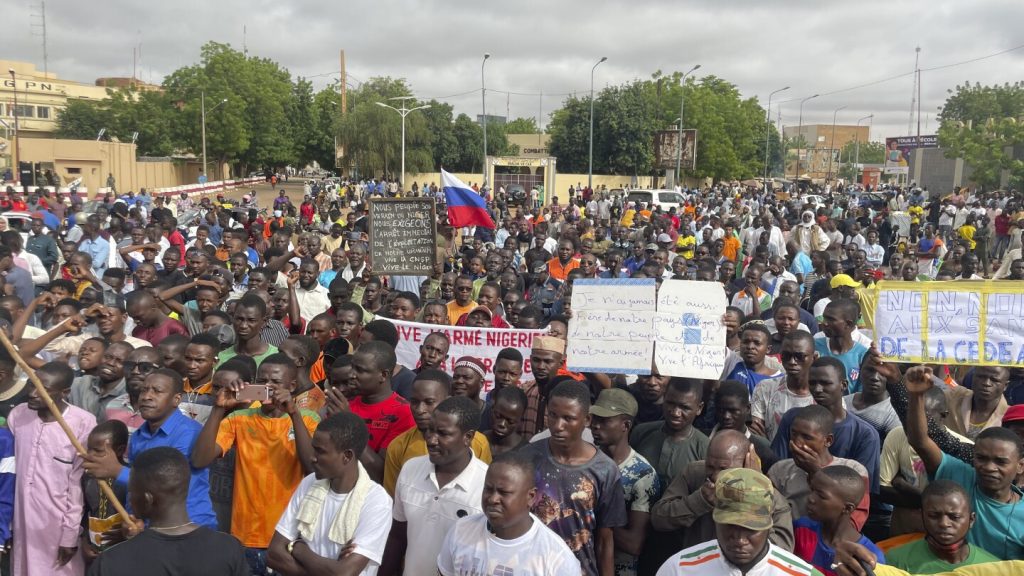The Pentagon and Nigerien defense officials have agreed on a timeline for the withdrawal of U.S. troops from Niger, with the process set to be completed by the middle of September. This decision follows Niger’s directive for American forces to leave the country, impacting U.S. military operations in the Sahel region. The rupture in military cooperation between the two countries came after the ousting of Niger’s democratically elected president last July, leading the ruling junta to seek security assistance from the Russian mercenary group Wagner.
Since Washington officially labeled the military takeover in Niger as a coup in October, the U.S. has faced restrictions on the military support and aid it can provide to the country. Currently, there are around 1,000 U.S. troops stationed in Niger, primarily located on an airbase near Agadez. The U.S. has considered Niger a crucial partner in the region, investing heavily in the Agadez base and providing substantial training to Niger’s military since beginning operations in 2013. The Pentagon plans to relocate most of the U.S. forces deployed in neighboring Chad, with discussions expected to resume next month regarding a revised agreement for U.S. troop presence in Chad.
The decision to remove U.S. troops from Niger deals a blow to U.S. counterterrorism efforts in the Sahel, where groups affiliated with al-Qaida and the Islamic State operate. The departure of American forces from the region raises concerns about the impact on regional security and stability, as well as the ability to address the ongoing threats posed by extremist groups. The timeline for the withdrawal of U.S. troops was established after four days of discussions between defense officials from the U.S. and Niger in the capital city of Niamey.
The U.S. had been investing significant resources in Niger, including funds for the Agadez base, which played a critical role in U.S. military operations in the Sahel. However, the recent shift in relations between Niger and the U.S. has led to the decision for American forces to withdraw from the country, marking a significant change in their military cooperation. The U.S. had previously viewed Niger as a key ally in a region plagued by political instability and coups in recent years, making the decision for U.S. troops to leave a notable development in the strategic landscape of the Sahel region.
While talks are expected to continue regarding the presence of U.S. troops in Chad, the withdrawal of American forces from Niger reflects a shift in the U.S. military posture in the region. The Pentagon has indicated its intention to relocate most of the troops deployed in Chad, with discussions planned for revising the agreement that allows for U.S. forces to be stationed in the country. The decision to withdraw U.S. troops from Niger and potentially revise the U.S. military presence in Chad underscores the evolving dynamics of U.S. military engagements in the Sahel region and the challenges faced in addressing security threats posed by extremist groups.


